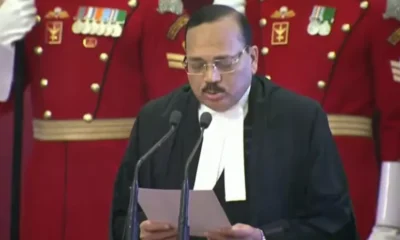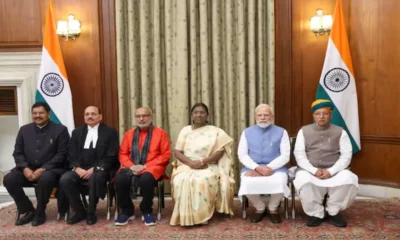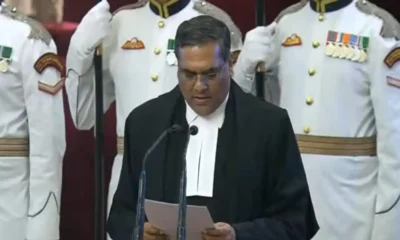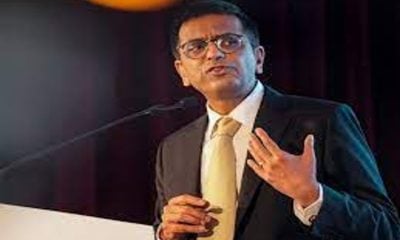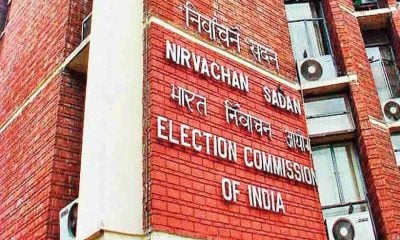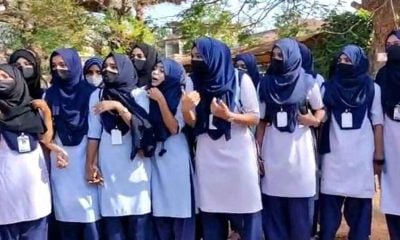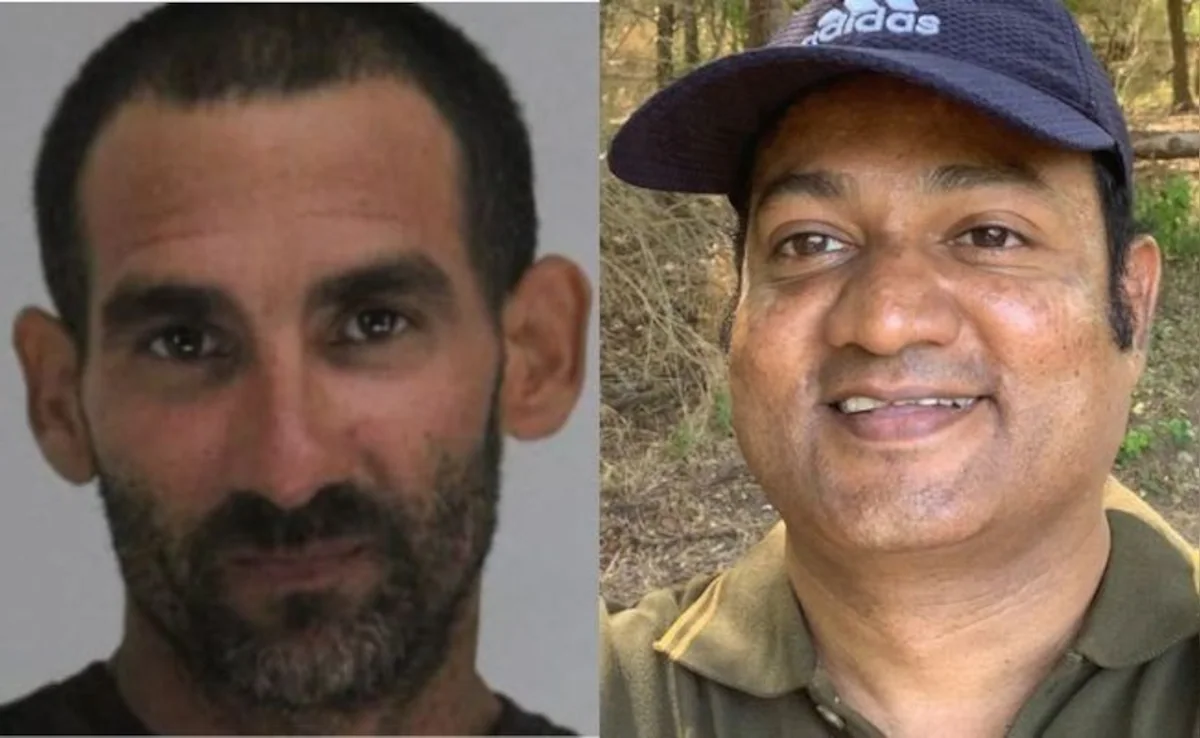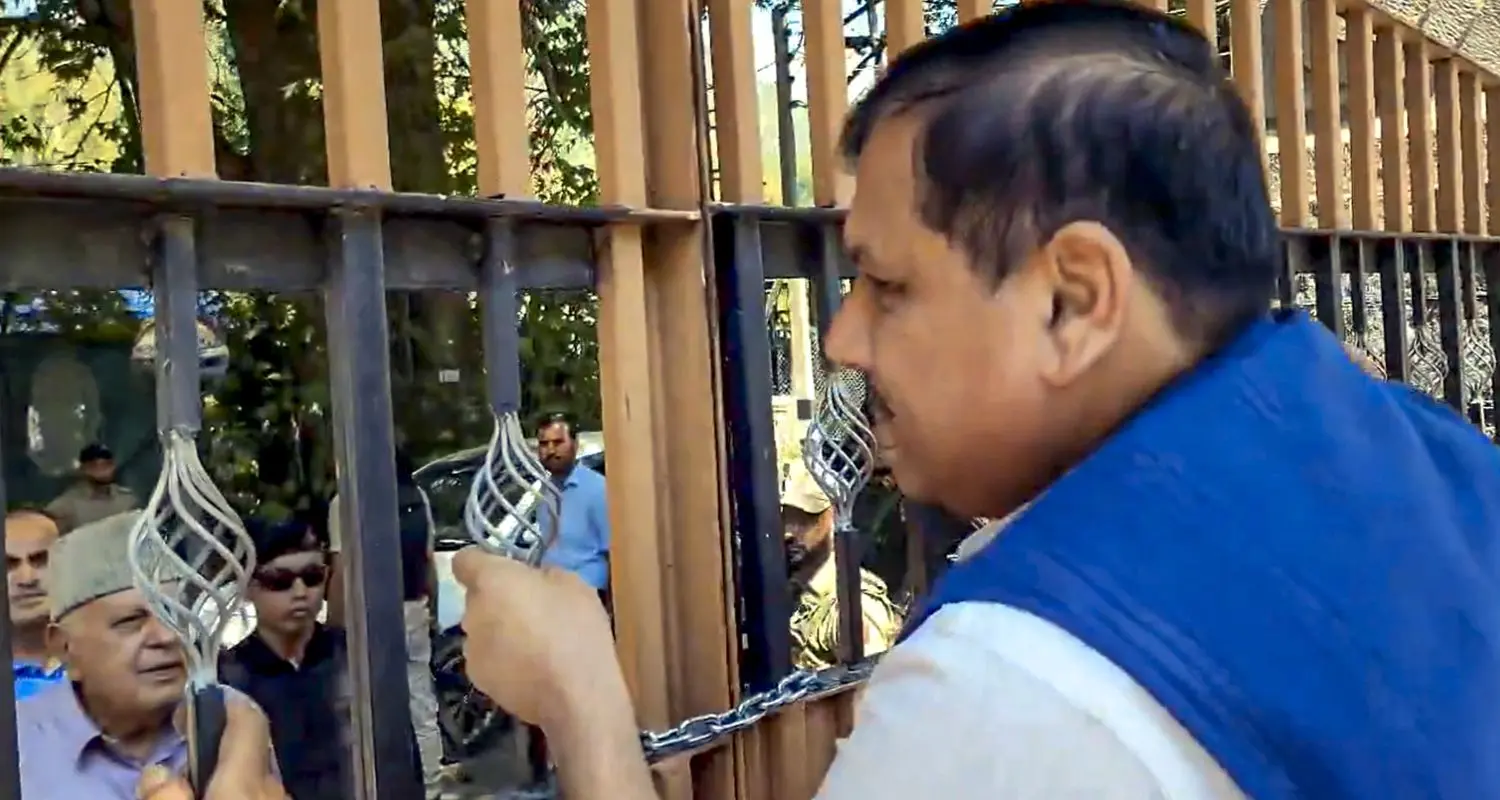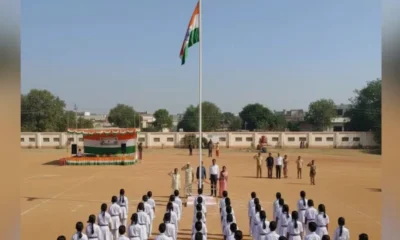The Supreme Court confirmed today that the Chief Justice of India’s office comes under the Right to Information (RTI) Act emphasising that “in a constitutional democracy judges can’t be above the law”.
“The CJI is within the public authority. The Right to Information and Right to Privacy are two sides of the same coin,” the court said in a majority judgement upholding the Delhi High Court’s ruling.
The five-judge Constitution bench comprising Justices NV Ramana, DY Chandrachud, Deepak Gupta and Sanjiv Khanna had reserved its judgment on April 4 in the plea by Supreme Court Secretary General challenging the Delhi High Court’s 2010 judgment declaring office of the CJI a public authority within the meaning of Section 2(h) of the 2005 Act, hence amenable to RTI application.
In the last hearing in April 2019, Attorney General (AG) KK Venugopal, who was representing the Supreme Court’s Central Public Information Officer (CPIO), had submitted that sharing information connected with the collegium, which is under the CJI office, would make judges and the government shy and destroy judicial independence. CPIO is the authority tasked to respond to RTI queries related to the court.
The bench, headed by the chief justice, had wrapped up the hearing, saying nobody wants a “system of opaqueness”, but the judiciary cannot be destroyed in the name of transparency.
“Nobody wants to remain in the state of darkness or keep anybody in the state of darkness,” it had said. “The question is drawing a line. In the name of transparency, you can’t destroy the institution.”
In a landmark verdict on January 10, 2010, the Delhi High Court had held that the office of the chief justice of India comes within the ambit of the Right to Information (RTI) law, saying judicial independence was not a judge’s privilege, but a responsibility cast upon him.
The 88-page judgement was then seen as a personal setback to the then Chief Justice KG Balakrishnan, who has been opposed to the disclosure of information relating to judges under the RTI Act.
The three-judge bench comprising Chief Justice AP Shah (since retired) and Justices Vikramjit Sen and S Muralidhar had dismissed a plea of the Supreme Court that contended bringing the CJI’s office within the RTI Act would “hamper” judicial independence.
The move to bring the office of the CJI under the transparency law was initiated by RTI activist SC Agrawal. His lawyer Prashant Bhushan had submitted in the top court that though the top court should not have been judging its own cause, it is hearing the appeals due to “doctrine of necessity”.
The lawyer had described the reluctance of the judiciary in parting information under the Right To Information Act as “unfortunate” and “disturbing”, asking: “Do judges inhabit different universe?”
He had submitted that the top court has always stood for transparency in functioning of other organs of the state, but it develops cold feet when its own issues require attention.
Referring to the RTI provisions, Mr Bhushan had said they also deal with exemptions and information that cannot be given to applicants, but the public interest should always “outweigh” personal interests if the person concerned is holding or about to hold a public office.
Dealing with “judicial independence”, he said the National Judicial Accountability Commission Act was struck down for protecting the judiciary against interference from the executive, but this did not mean that judiciary is free from “public scrutiny”.
“This is not the independence from accountability. Independence of judiciary means it has to be independent from the executive and not independent from common public. People are entitled to know as to what public authorities are doing,” Prashant Bhushan had said.
The deliberations of the collegium in appointing and overlooking judges or lawyers should be made public and information can be parted with under RTI on case-to-case basis keeping in mind the larger public interest, the lawyer had said.
The bench had said people, of late, were opting out and do not want to become judges because of the fear of negative publicity.
“On interaction, the reason appears to be the possibility of the negative observations, whether rightly or wrongly, being brought into the public domain,” it had observed.
In such a case, besides losing judgeship and reputation, the professional and family life of the person are adversely affected, it had said.
The top court had said it had brought about changes in the functioning of the collegium system and said now members have started interacting with prospective candidates.


